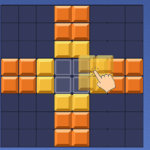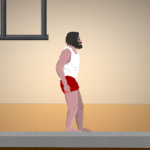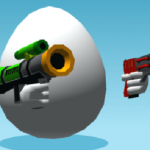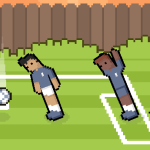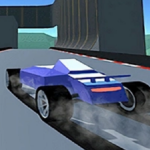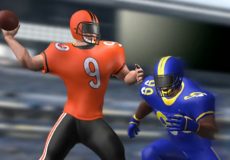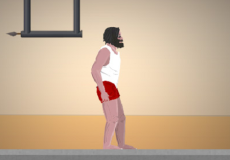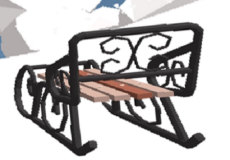

Retro Bowl
Retro Bowl is a sports management and football simulation game that focuses on team control and tactical decision-making. The player acts as both coach and manager, responsible for drafting athletes, improving staff, and leading the team through each season. Matches are played with simple controls, while off-field management covers training, morale, and contracts. The goal is to build a balanced roster and win championships through planning and execution.
Similiar games
Retro Bowl is a sports management and football simulation game that focuses on team control and tactical decision-making. The player acts as both coach and manager, responsible for drafting athletes, improving staff, and leading the team through each season. Matches are played with simple controls, while off-field management covers training, morale, and contracts. The goal is to build a balanced roster and win championships through planning and execution.
Gameplay And Structure
In Retro Bowl gameplay alternates between management screens and short football matches. The player makes offensive plays by passing or running the ball while the AI handles defense. Each match is determined by player skill, timing, and team composition. Managing resources between games is essential because energy and morale affect performance on the field.
Core gameplay elements include:
· Recruiting and drafting players
· Upgrading facilities and coaching staff
· Managing salary cap and contracts
· Calling plays and controlling offense
· Advancing through multiple league seasons
Team Development
Progress in Retro Bowl depends on improving the roster and keeping players motivated. Drafting new talent provides stronger statistics, but leadership and morale also influence results. The training system allows steady growth of player attributes. Injuries, fatigue, and limited budget require careful balance, forcing strategic choices rather than constant upgrades. Success comes from understanding team strengths and adapting tactics to different opponents.
Strategy And Management
Beyond the field, Retro Bowl introduces decision-making through press events, locker room management, and staff hiring. The player can shape the team’s identity by prioritizing offense, defense, or balance. Choices made between games affect future matches, giving the management layer real impact. Even minor changes in lineup or coaching style can influence outcomes across a full season. Long-term planning determines whether a team becomes consistently successful or struggles to maintain form.
Long-Term Progression
Over time Retro Bowl develops into a complete management experience that connects performance and strategy. Winning games provides currency for upgrades, while success increases fan support and team reputation. Seasons progress quickly, encouraging experimentation with different play styles and roster compositions. The simple presentation supports deep systems, where each victory reflects calculated decisions rather than reflexes. With its mix of tactical management, direct control, and steady progression, Retro Bowl creates a structured cycle of improvement that continues across multiple seasons and team rebuilds.
Discuss Retro Bowl






